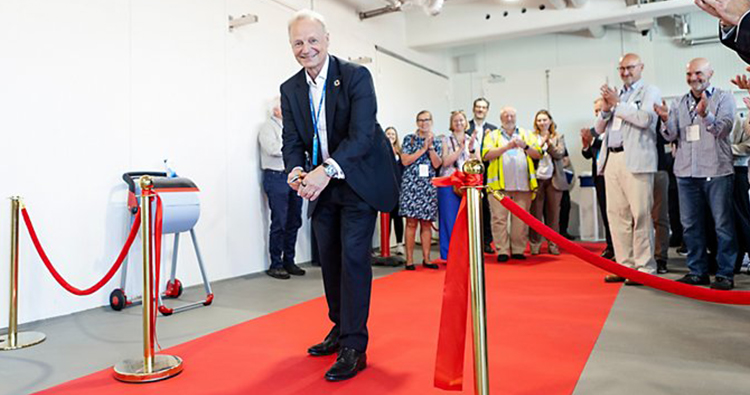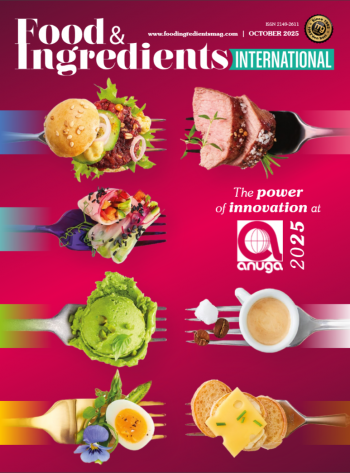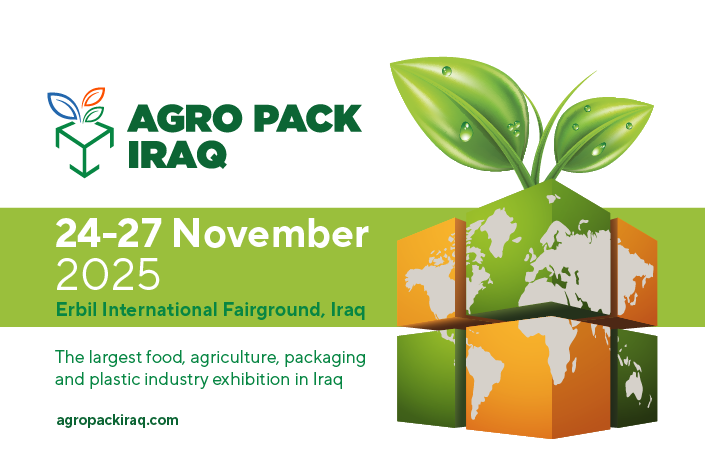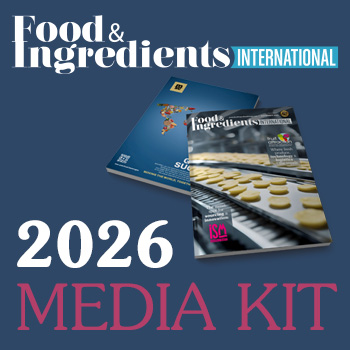Tetra Pak® unveiled its New Food Technology Development Centre in Karlshamn, Sweden, a dedicated pilot facility designed to help producers of biomass- and precision fermentation–derived foods scale their operations from lab bench to commercial volumes. By partnering with Tetra Pak’s team of biotech and food-technology specialists, manufacturers can optimise both upstream fermentation and downstream processing, specify the right equipment and de-risk their capital investments.
Integrated into Tetra Pak’s broader product-development ecosystem, the Karlshamn centre supports ventures of every size—from early-stage start-ups validating novel ingredients to legacy food and beverage firms expanding into plant-based or microbial-based proteins. As investors demand clear paths to profitability, the centre offers two structured programmes: a Process Evaluation Programme for those transitioning to demo-scale or refining large-batch methods, and a Productivity Validation Programme for established operations seeking performance benchmarking and improvements.
Clients gain access to a modular, fit-for-food pilot line where they can compare harvesting technologies, trial reactor configurations and pilot tailored production runs that mirror full-scale operations. This hands-on approach reduces both capital expenditure and operational costs by pinpointing the most efficient process designs before committing to permanent equipment. Collaboration with Tetra Pak’s Lund-based formulation experts further enables simultaneous development of end-product properties, packaging concepts and go-to-market strategies.
Charles Brand, Executive Vice President for Processing Solutions & Equipment at Tetra Pak, inaugurated the centre on 13 June: “At a moment when some companies pull back, we’re doubling down on fermentation-derived foods. Scaling these innovations requires deep knowledge of both biology and food-industry realities—that’s our expertise. This centre embodies our commitment to turning New Food prototypes into shelf-ready products that feed the world sustainably.”




















